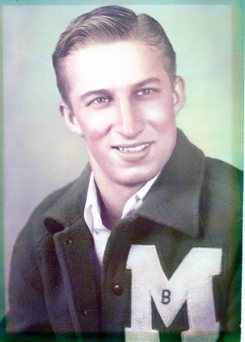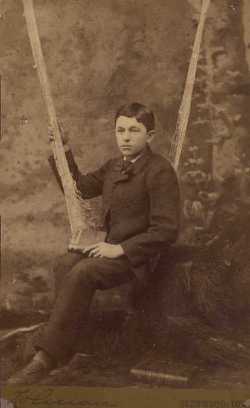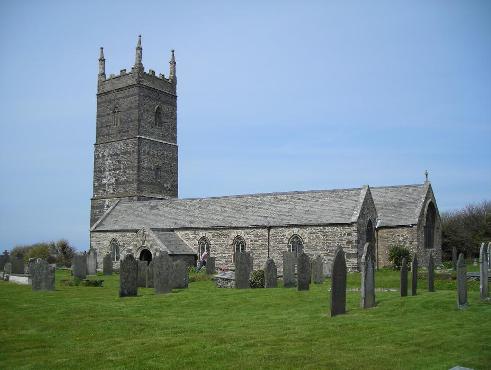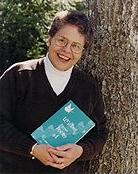I Could Be With You
plays on my headphones and suddenly
I can’t breathe.
Stop.
Focus.
Breathe, I tell myself.
The guitar strums and plucks as if
Someone wants to reach inside and pull me
Back into his arms, back into the days when things were gloriously simple.
He smelled like soap and his shampoo reminded me of sweet coconut.
His smile was big, his hands were strong.
He was honest. He was brave. I trusted him easily. I loved his laugh. We laughed a lot.
The song changes and the Master decides to test the waters
Of the Coast of Colorado.
Oh, dear Lord, what are you trying to say to me?
Are you trying to push me back to drive-in movies
and shores of the Great Salt Lake, smoking cigarettes on the trunk of my car,
Where dreams were so easy to dream since our lives were endless?
I would have a house with a porch swing.
I would have 2 children.
I would have a career I was proud of. Maybe a dog.
Nothing I had planned back then came true.
My heart aches, physically aches as if it’s bruised walls are crying.
My God, it gasps. What have I done?
If this is all there is…
If there are no second chances…
Did I throw everything I could have had away?
Or …
was it ever really in my control to begin with?
He’s here, but not really here. He’s a ghost, a fragment of a carefree teenage love.
He’s by my side when I see something that reminds me… an American Flag, a soldier in uniform…
He’s there if I ever need to talk, but what else is there to say
that hasn’t resonated through both of us already?
I can’t even find the words.
His eyes look the same, but I’ve only seen pictures.
And yet, for all this separation, cruel and intentional on both of our parts,
I know his heart is full of experiences
I could never have given him.
What did I have to offer
That would take breath and soften heart?
In the end, not much, I suppose.
A life that feels counterfeit is what I am left with.
An older face I almost don’t recognize in the mirror in the morning.
With a beautiful love at home from someone who is not him.
A life I enjoy and rich experiences and amazing people.
And a heart that is open – except for one small place –
A teeny-tiny place that I tell no-one about.
A place where I am 16 and beautiful and in love and certain that we will change the world.
Wow.
Time to get a new playlist.
©2010 Connie A. Anast
--
Rev. Connie A. Anast
www.TheRevConnie.com
Awarded OneWed.com Best of 2009 Utah Wedding Minister!
http://www.onewed.com/vendor/

















